Each February, ENT and Allergy Associates celebrates Kids ENT Health Month. Spearheaded by the American Academy of Otolaryngology-Head and Neck Surgery (AAO-HNS), the annual awareness campaign is designed to inform parents and caregivers about the ENT-related illnesses their children may face. According to the AAO-HNS, pediatric ear, nose and throat (ENT) disorders remain among the primary reasons children visit a physician. Most pediatricians are prepared to handle an ear infection or a runny nose — but how do you know when your child needs to see a pediatric ENT specialist?
DocWire News spoke with Dr. Alyssa Hackett of ENT and Allergy Associates. Dr. Hackett spoke about the prevalence of ENT-related illnesses among children, which age range is most impacted, and provided five symptoms that can signal to parents that it’s time to bring their kids into an ENT doctor.
DocWire News: Please provide us with some background information on yourself.
Dr. Alyssa Hackett: Well, I’m a pediatric otolaryngologist. I am right now working with ENT Allergy Associates in their Bronx office. I did my ENT training at University of Pittsburgh, and then I did my fellowship at Children’s National Hospital, in Washington DC. So, I’ve been out of fellowship for eight and a half years now, going on nine years, and I just see kids and I love it.
February is Kids ENT Health Month. How prevalent are ENT-related illnesses among children? What age range experiences them the most?
They’re incredibly prevalent amongst children. They account for some of the most common and frequent visits to a pediatrician’s office. Every kid gets a cold, or 10, in the fall, and some of those resulted in complications that come to our way, such as ear infections, chronic congestion, chronic snoring, so it touches just about every household in some way. Not everybody needs to come and see an ENT doctor by any means, but the ENT issues are just ubiquitous amongst kids. The most common age groups that I end up seeing are probably the kids who are under six. They seem to be the most impacted by the congestion and by frequent ear infections, hearing concerns, chronic fluid in the ears, and so forth.
What are five signs that your child may need to see a pediatric ENT specialist?
Let’s see if I can come up. Well, I’m sure there’s more than five, but chronic snoring is a big one. So, if you’re a child isn’t just like snoring a little bit when they’re sick, but they’re snoring every single night, even when they’re well, that’s a big one. Nasal congestion that never seems to improve. If you’re ever concerned about their hearing, or their speech development, those can be signs of underlying ear issues. Repeated ear infections would be, I guess that’s number five now. So, those are five major reasons that we see kids.
Talk to us about ENT and Allergy Associates, and how they can help children with ENT-related illnesses?
Well, I mean, we see all the ENT related illnesses here in our office and we are able to see children in the community, so we have a large catchment area across New York and New Jersey, as well. And so families are able to access us closer to their home, so you’re not always forced to go into one of the major academic hospitals and sit in a large waiting are, or have a long wait time to get in and see a physician that can help your child. There are times where, even myself, I’ll have to refer something more specialized into one of the academic centers, but we’re a really great resource for families to be able to see somebody who’s knowledgeable in these areas and know if it’s something that is common or if you’re falling outside of the common rules where we may need to make additional referrals.
What are some key takeaways to leave our audience with today?
Well, anytime that you are worried as a parent and need more help and assistance, we’re here for you. So, anytime you’re worried about the congestion, even if you’re not sure if it raises to the level of needing to see a specialist, we’re always happy to help weigh in on that. Sometimes that knowledge that you’ve taken, the extra step, can give you the confidence that you need to move forward and to put certain things out of your mind. And of course, with anything that’s more involved that is really worrying you, just come and talk to us so that we can talk through what the options are to manage it.

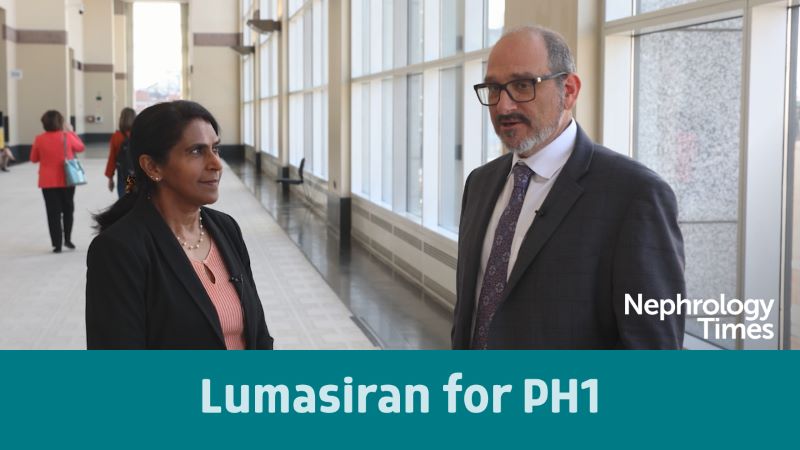
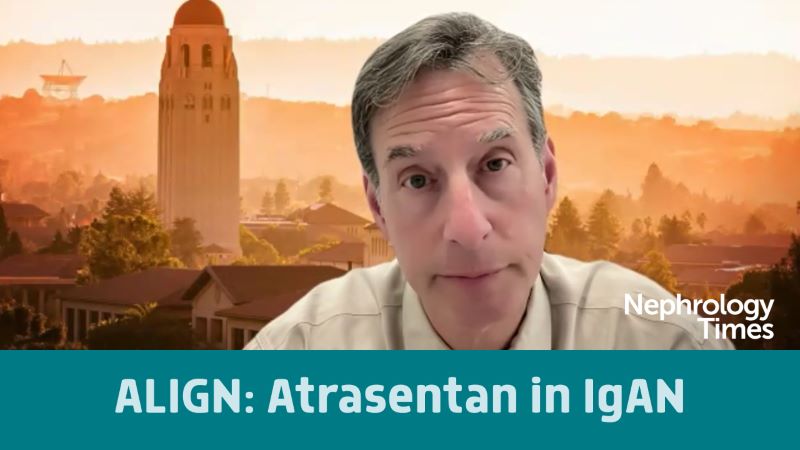
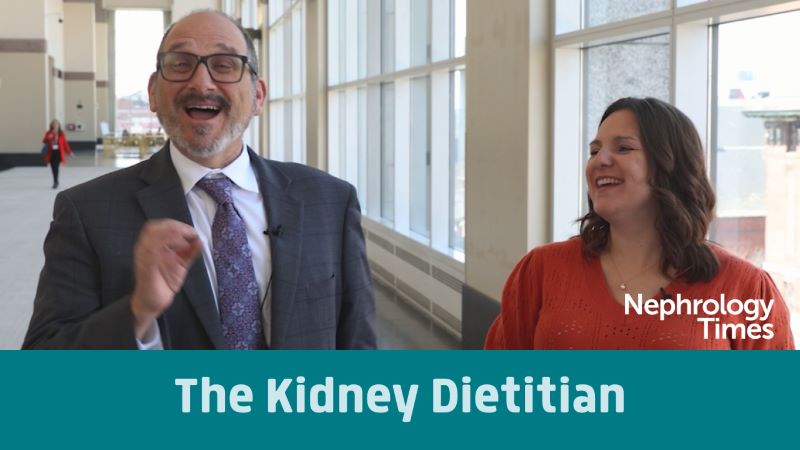
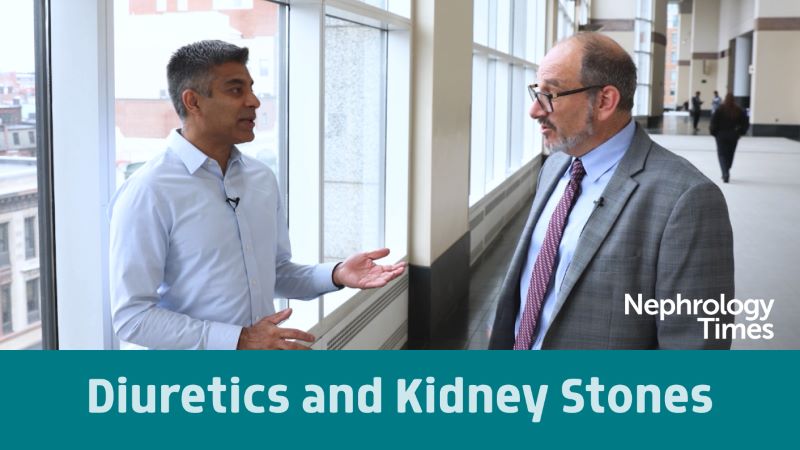
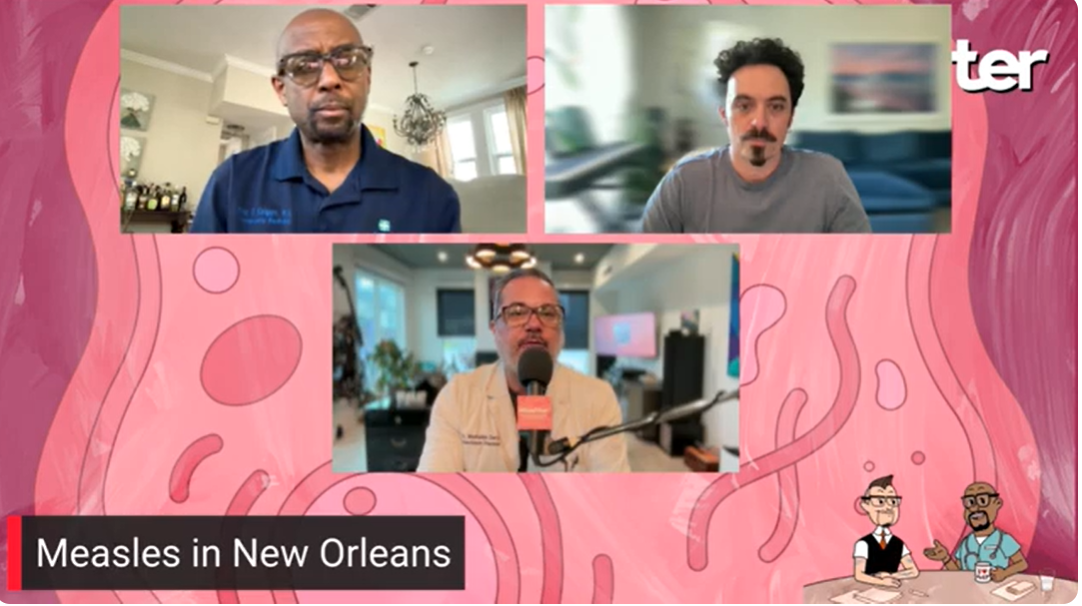

 © 2025 Mashup Media, LLC, a Formedics Property. All Rights Reserved.
© 2025 Mashup Media, LLC, a Formedics Property. All Rights Reserved.